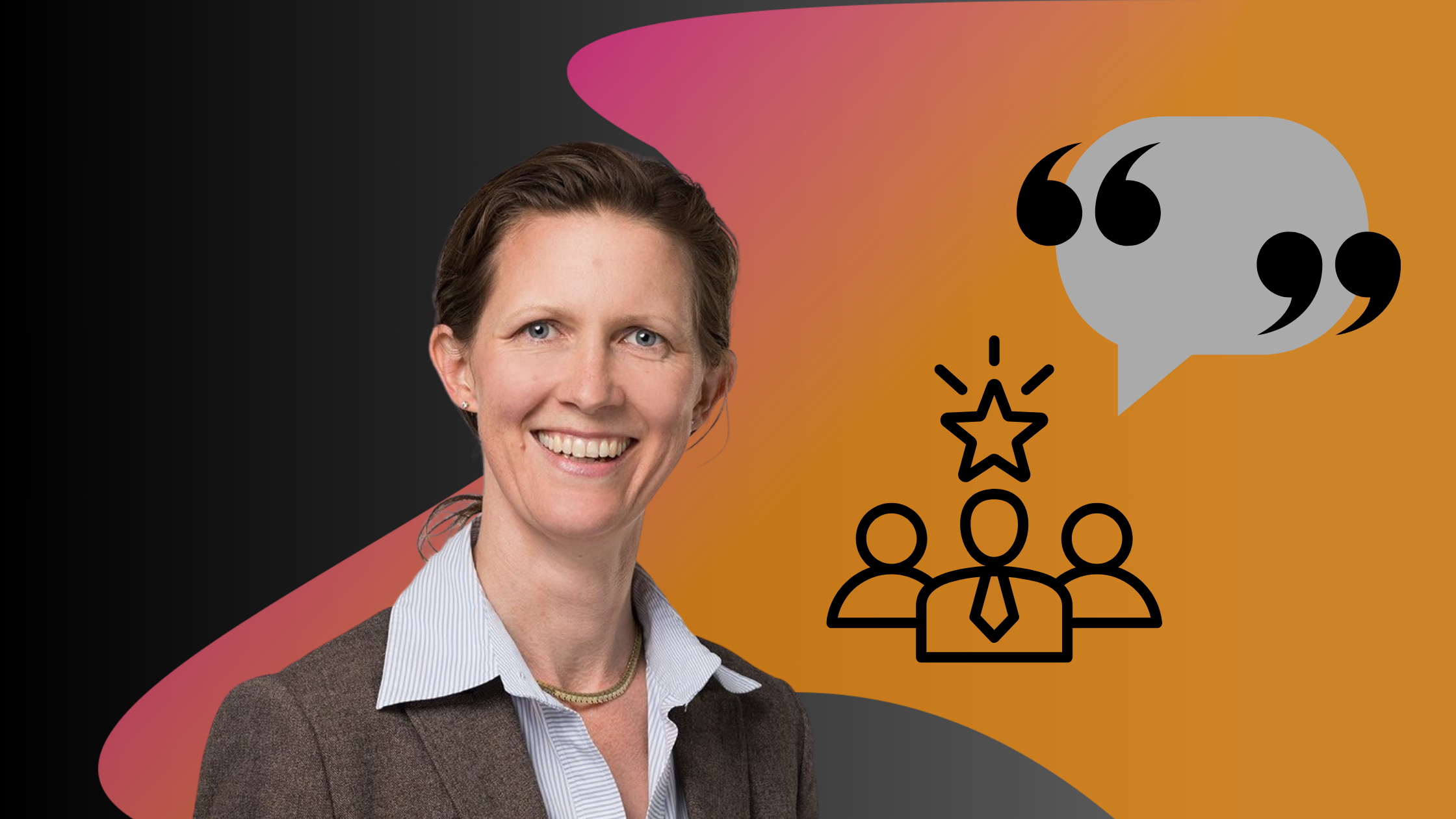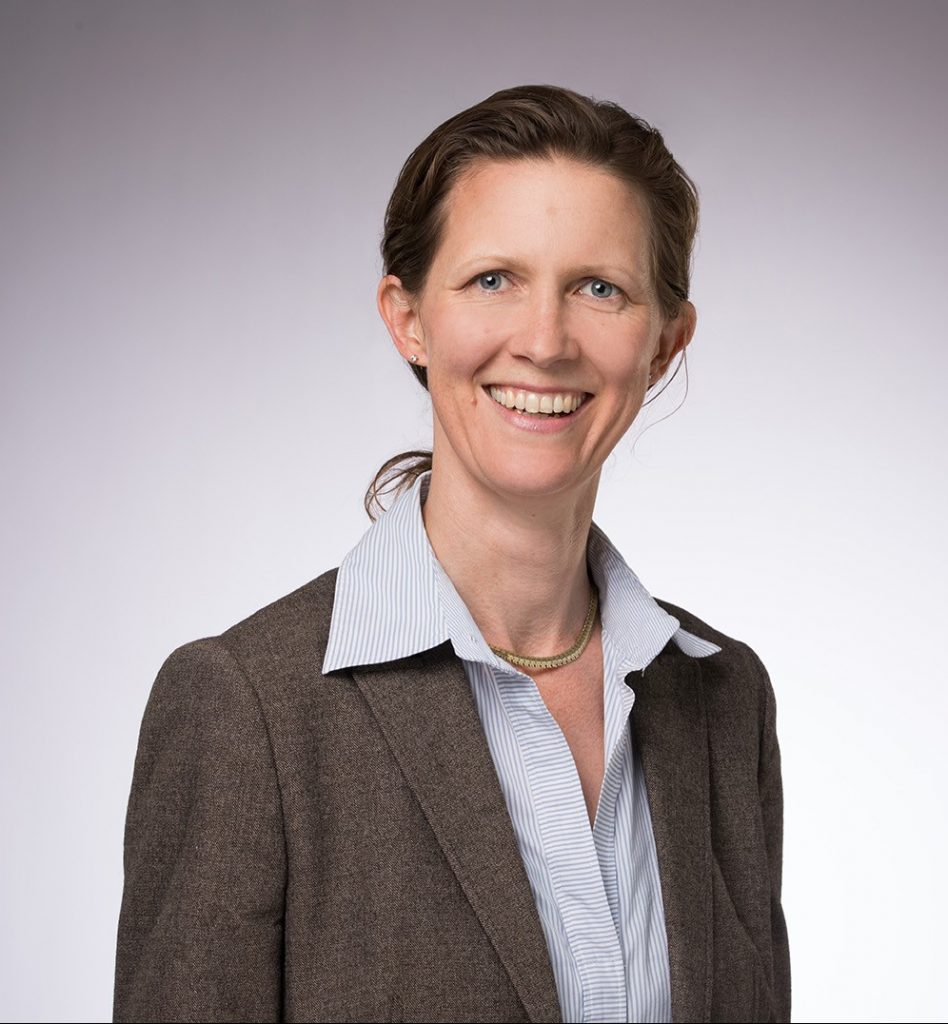The discomfort of innovation or what daring leadership has to do with innovation
Do you know that feeling when you are pulled towards something? Without yet fully grasping the relevance and links to what you are working on, it just seems important to find out more?
When you recently experienced that feeling, did you have time to invest into following that spark? Did you allow yourself to explore despite the uncertainty and risk that it might lead to a ‘dead-end’?
All of this already has a lot to do with an open innovation mindset – the mindset that allows us to look beyond the immediate task or insight, share and source new knowledge, connect and collaborate across silos.
For me this happened when I first heard of the work of OMIND platform at an event Dr. Aurelia Engelsberger was speaking a few years back. As a Certified Dare to Lead™ Facilitator trained by Dr. Brené Brown in San Antonio, Texas, I work with leaders on the skill sets for brave leadership and to build courageous cultures. One of my favorite quotes from Brené Brown, which links through all of her work, is:
“Vulnerability is the birthplace of innovation, creativity and change”
Brené Brown – Author
So, listening to Aurelia talk about open innovation – it felt like suddenly I had been handed a link to the ‘innovation’ piece of this quote and my work. I took action and followed that spark of curiosity. Besides a joyous collaboration, I have gained three insights that link Open Innovation Mindset and Daring Leadership:
Innovation requires 6 dimensions that have an awful lot to do with vulnerability
Aurelia shows in her research there are 6 recognised dimensions at an individual level for an open mindset:
- openness,
- creativity,
- positive attitude towards knowledge sharing and sourcing,
- risk tolerance,
- failure tolerance, and
- integrative complexity /(empathy).
Well – that sounded very familiar to me and those definitely all sound like you have to be vulnerable. They all ask of you to push your immediate idea/judgement/experience to the background, be generous as a listener to those around you, have the ability to ‘be a learner’ and handle the discomfort with accountability when it may not go to plan. That’s all also at the core of Daring Leadership. Because Daring Leadership is about this: Becoming a leader with grounded confidence – built on curiosity, rumble tools and practice.
It’s about action – the behaviours you demonstrate as a leader
A main principle in relational leadership is that leadership relationships are not restricted to hierarchical roles. Match how Brené Brown defines a leader as “A leader is anyone who takes responsibility for finding the potential in people and processes and has the courage to develop that potential.”
A further part of the work fascinated me – the academic research on open innovation mindset is embedded within the framework of Relational Leadership Theory. There appears to me to be a really strong link to daring leadership.
Relational leadership also is underpinned by the ‘interactive dynamics that lead to an emergence of social order and action’. Daring Leadership is all about action – the behaviours each of us as a leader demonstrates, these are what you learn to recognize and build skills to change.
Finally, relational leadership at a collective level describes the way in which social systems change and the socially constructed roles and relationships developed that might be labelled leadership. This aspect of the system comes up again and again, when you start the work on Daring Leadership with individuals and teams. There are two sides to this coin, first the one as described in relational leadership and recognized by experts working on organizational culture – the culture’s main lever is what leaders do, the role of the leaders. Second, though you have to look at systems and processes to support leaders and ensure you recognize what is being rewarded or tolerated in behaviours in the organization, the role of the system.
Finally, you can learn the skills to be vulnerable, get curious, take action
The academic research papers had linked multicultural skills with the dimensions of an open mindset. In my mind, as someone who has herself lived a life growing up with multicultural experiences, I link this with having experienced that basic concepts of how we interact, live in communities can and do differ, playing directly into our ability for openness and perspective taking. The Daring Leadership work has shown you can measure, observe and learn the competencies of the 4 skill sets of courage: rumbling with vulnerability, living into your values, braving trust and learning to rise. I’d love to know more about the overlap of multicultural skills and daring leadership skills, maybe a future research project?
So – 1) it’s vulnerable, 2) it’s about taking action, 3) it’s about building those skills and then practice practice practice!
This is what I find striking in the solution developed by OMIND platform, it integrates skill-building with facilitators with technology supported playful practice, as well as an approach to integrate the learnings and skills over a time-period. Vulnerability is always uncomfortable in its nature – it takes practice, practice, practice and the willingness and encouragement to try again and again. So designing a sequence of workshops to move through the facilitation of the concepts, experiencing it, self-reflection, reminders and a later touch-point to revisit what has so far worked, what not, what might be getting in the way – allows the ideas to really start to get embedded in every day behaviour and hence make lasting changes on the norms, attitudes and beliefs within the organization.
Further Reading:
Engelsberger, Aurelia & Halvorsen, Beni & Cavanagh, Jillian & Bartram, Timothy. (2021). Human resources management and open innovation: the role of open innovation mindset. Asia Pacific Journal of Human Resources. 60. 10.1111/1744-7941.12281.
Engelsberger, Aurelia & Cavanagh, Jillian & Bartram, Timothy & Halvorsen, Beni. (2021). Multicultural skills in open innovation: relational leadership enabling knowledge sourcing and sharing. Personnel Review. ahead-of-print. 10.1108/PR-10-2019-0539.
Uhl-Bien, Mary. (2006). Relational Leadership Theory: Exploring the Social Processes of Leadership and Organizing. The Leadership Quarterly. 17. 654-676. 10.1016/j.leaqua.2006.10.007.




